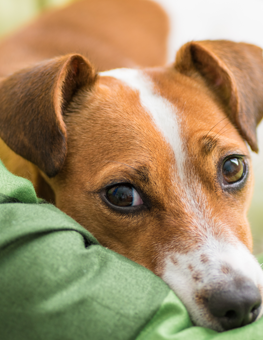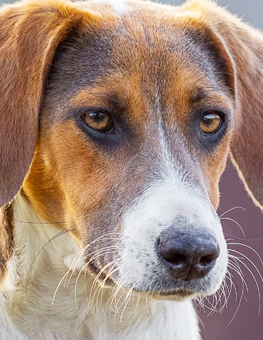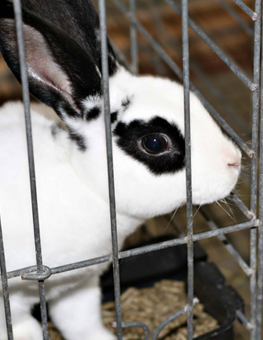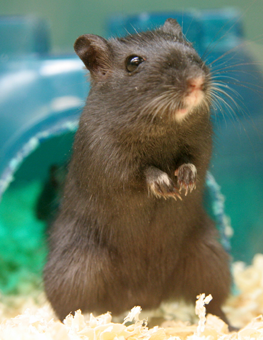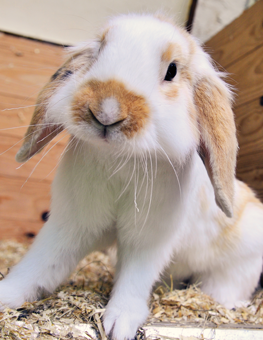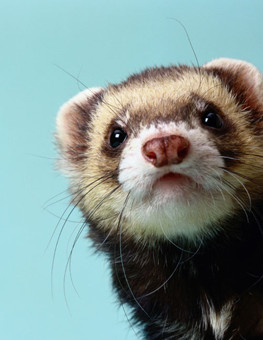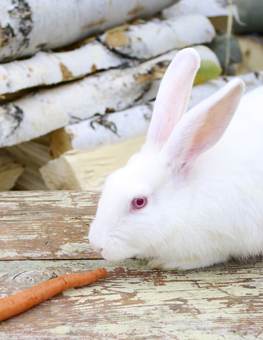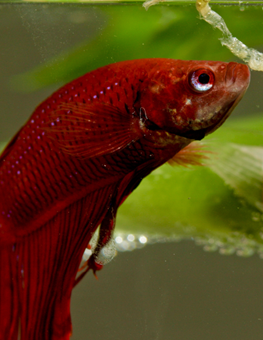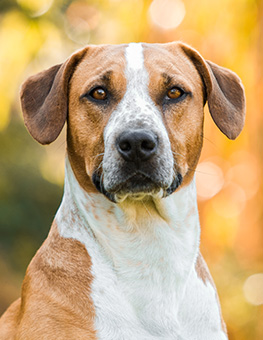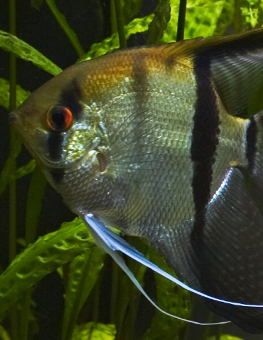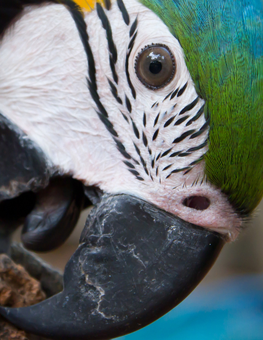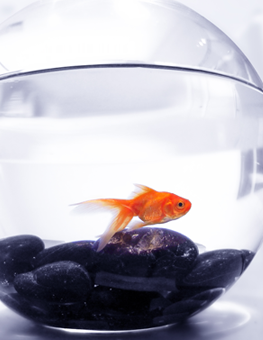Understanding your Companions Gnawing Needs
It’s no secret that small animals, such as pet gerbils or rabbits, love to chew and need to chew. It’s important to understand this behavior in your pet if you want to manage it.
Anyone who owns small pets know that they love to chew. For animals that stay in cages, this means they may go through toys and chews quickly. They may even cause damage to the cage. For animals that may spend some time roaming your home, this may mean you could find damage to furniture. Rabbits have been known to target computer wires and carpeting. It’s important to understand why your pet rabbit, gerbil, mouse, rat, or hamster needs to chew. That way, you can direct your furry friend’s chewing to more safe and productive outlets.
Why do small animals chew?
Rabbits: Chewing is common for pet rabbits, and can be more destructive than other small pets, due to their size and the fact that they are often allowed to roam the house. Rabbit chewing is dependent on a host of factors including those listed below:
- Sex: Females are more likely to be chewers than males, though it is still very probable for both sexes.
- Age: Younger rabbits are much more likely to chew, as they have more energy. Chewing is often just a phase of youth.
- Spaying or Neutering: Rabbits that are spayed or neutered will not have as strong a desire to chew, and are more likely to grow out of the behavior in the months following the procedure.
- Personality: Your rabbit’s personality and tendencies may determine whether or not he’s a chewer. Smart, curious, and energetic rabbits will be more prone to chewing.
You won’t be able to stop your rabbit from chewing altogether, as it is a natural instinct, so try to divert your pet’s attention away from furniture and on to specially made chews and toys.
Gerbils, Mice, Rats, Hamsters: Rodents like these depend greatly on their teeth. In the wild they would be using their teeth to build homes, chew through obstacles, crack through nuts, and forage for food. Their teeth grow constantly and naturally to accommodate for all this wear and tear. In your home, however, the need to chew is not as great and their teeth could grow uninhibited. This causes all sorts of health problems for your pet gerbil or other small animal. It’s important to provide your small pet with healthy chewing options so that their teeth stay healthy and they don’t resort to chewing their cage, which is unhealthy and destructive. Make sure your pet’s chewing outlets include untreated wood or cardboard, not plastic.



